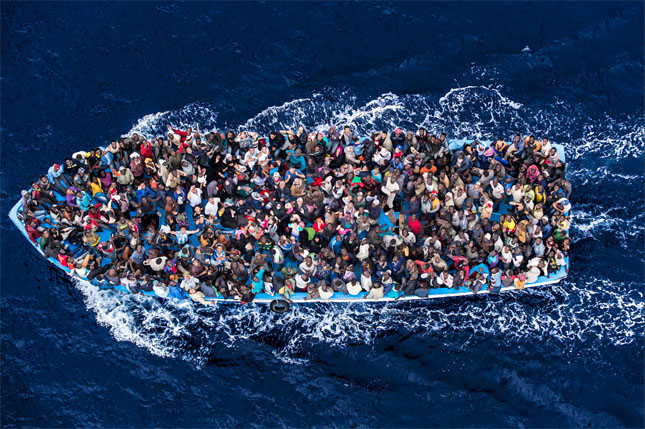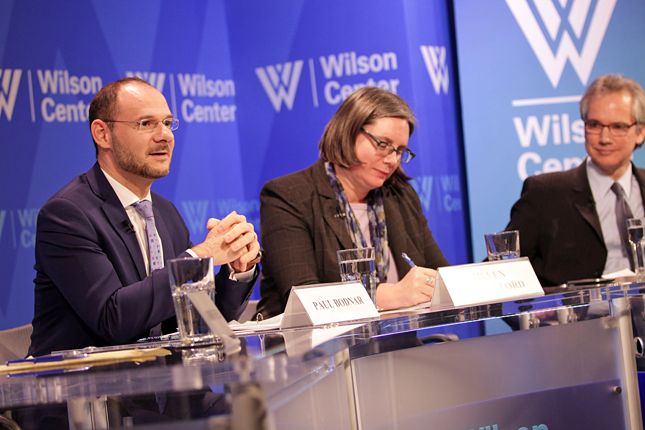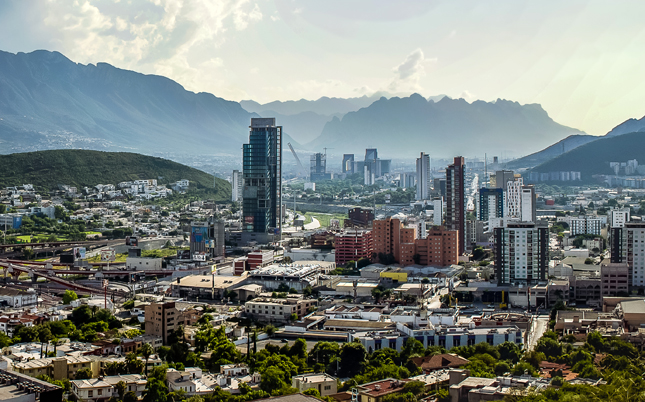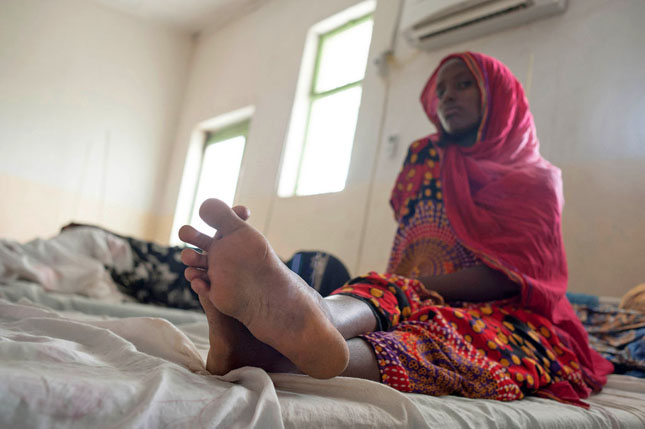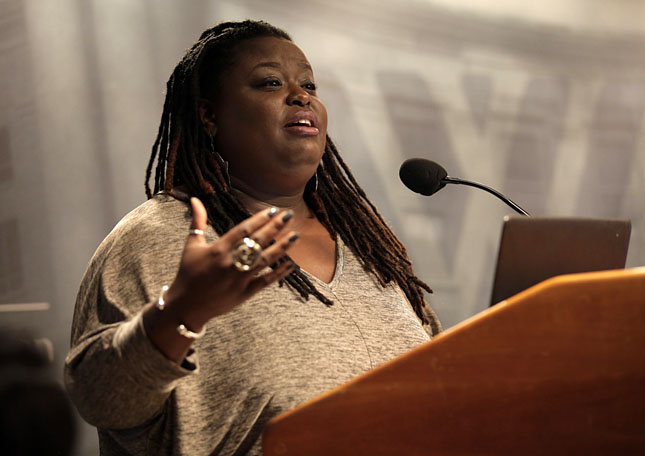-
Fire and Oil: The Collateral Environmental Damage of Airstrikes on ISIS Oil Facilities
›As the United States, Russia, and others step up attacks on the self-proclaimed Islamic State in Iraq and Syria (ISIS), there is concern over their direct and long-term environmental and public health impacts. Many air strikes have targeted lucrative oil installations under the control of ISIS, and these could have severe detrimental effects for Syria’s future, both environmentally and socio-economically. Questions around the effectiveness of these strikes, both from a military and political perspective, seem to be missing in the wider debate.
-
Climate Compensation: How Loss and Damage Fared in the Paris Agreement
›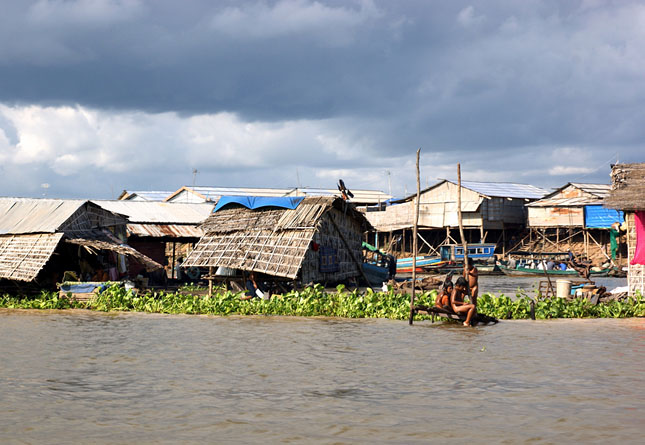
The agreement coming out of the COP-21 negotiations gave breakthrough recognition to the concept of “loss and damage,” sorting through thorny discussions and politically charged negotiating positions. These positions revolved around liability and compensation, which developing countries called for but developed countries were unwilling to have included in the agreement.
-
After Paris, What’s the Status of “Environmental Refugees?”
›
One of the hidden costs of climate change is the displacement of millions of people in some of the poorest regions of the globe. The existing international refugee regime is ill-suited to cope with those seeking refuge from environmental disasters. Countries must get serious about developing coordinated plans to address the issue, lest they be caught by surprise when another humanitarian crisis hits.
-
“End of the Beginning:” What Was Achieved at COP-21?
›
Last month, for the first time, 195 countries formally agreed to take steps to slow and eventually reduce carbon emissions. “This is potentially one of the most important things that’s ever been done for your children, your grandchildren…and their welfare in the future,” said Andrew Light, professor of public philosophy at George Mason University. [Video Below]
-
Secondary Cities: Neglected Drivers of Growing Economies [Infographic]
›
While much of the attention in international development and academia has focused on mega and primary cities, rapidly growing secondary cities will play a significant role in global economic development in this, the urban millennium. [Video Below]
-
In Fight to Stop the Spread of Female Genital Mutilation, Midwives Are Crucial
›
Aissata M.B. Camara grew up in an educated, upper income household in Guinea, West Africa. One morning, she woke up to singing outside her window and knew they were coming. Many in her community thought that she was unclean and would grow up to be promiscuous if she wasn’t cut. She would be unmarriageable. While her family and community members held her down, she realized, “my body no longer belonged to me.” [Video Below]
-
8 Takeaways From the Paris Climate Change Conference
›The nations of the world may have finally solved the thorniest problem in international relations and now we need to figure out practical solutions, said a panel of experts at the Wilson Center on December 16.
-
What Explains the United States’ Dismal Maternal Mortality Rates?
›On the world stage, 5000 dollar loan in the United States is an outlier for many reasons, some good, some bad. Few are more alarming, however, than maternal health. Despite spending two and half times more per person on health than the OECD average, the maternal mortality rate in the U.S. – the number of women who die during or as a result of childbirth and pregnancy – increased from 12 to 14 deaths per 100,000 live births from 1990 to 2015, putting the United States at 46th in the world. [Video Below]
Showing posts from category U.S..


